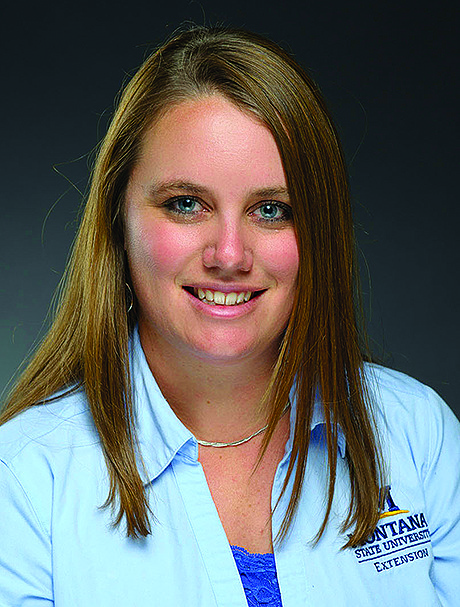Local Canning Class Offered
 | Author:
Allison Kosto, MSU Broadwater County Extension Agent
MSU Broadwater County Extension Agent |
‘Tis the season where we can enjoy the bounty from our gardens! It always seems like all garden produce matures at the same time, and we have more than we can eat. However, there are several options for food preservation including canning, freezing and drying, so you can enjoy your homegrown produce year round.
MSU Extension in Broadwater County is offering a food preservation class, Water Bath 101: Salsa Edition, on Saturday, September 10. Water bath canning can be used for high acid foods such as fruits, some tomatoes and most pickled products. The class will be offered near Three Forks, from 8:30 a.m.-11:30.a.m. and again in the afternoon in Townsend from 1:00 p.m.-4:00 pm.
Class size is limited so register early! The cost is $15 per person. This is a hands-on class and participants will get to take home a jar of salsa. The class is taught by MSU Extension Food & Nutrition Specialist, Brianna Routh. Registration closes on September 1.
Why is it important to learn to properly can? A few years ago there was a botulism outbreak in Ohio at a church potluck dinner. There were twenty confirmed cases of botulism and one woman died. The cause? Home canned potatoes used in a potato salad. Botulism is caused by a toxin that can grow and reproduce in improperly processed home-canned foods. The USDA has done considerable research on how to prevent this food-borne illness and has developed guidelines for safe home canning.
Understanding the type of produce you are canning is the first step to successful canning. There are two types of canning, pressure canning and water bath. Low acid foods such as vegetables (except most tomatoes), meats, poultry and fish require a pressure canner. Acidity is essential to prevent botulism. These foods do not have much natural acid, so they must be processed at higher temperatures and pressures that can only be achieved by pressure canners. Even though this class doesn’t specifically cover pressure canners, there will be an opportunity for question and answer on any food preservation method with Dr. Routh. High acid foods include fruits and properly acidified tomatoes and pickled products. These products can be canned using the water bath method, which will be covered in the class.
Another important factor for canning is elevation. Water boils at 212 degrees Fahrenheit at sea level, but boils at a much lower temperature at higher altitudes. As you move up in elevation, you must adjust the processing times and pressures for your canners. Both water bath and pressure canners need to be adjusted at 4,000 feet. This county varies in elevation from Townsend at 3,842 feet to Winston at 4,360. There are several online applications that can help you determine your elevation.
Be cautious about where you get recipes. There are many ideas on Pinterest and blogs. However, unless it has been tested by USDA, you cannot guarantee that a recipe meets the standards to prevent the botulism bacteria.
Pressure canner gauges should be checked at least once a year. This is a free service provided by MSU Extension. Simply bring your lid to the office to have it tested.
For more information or to RSVP to the class, contact 406-266-9242 or broadwater@montana.edu.
Article Images
Click on Image Thumbnail(s) to view fullsize image
PhotoCredit: Allison Kosto
Image 1 Caption: MSU Extension
